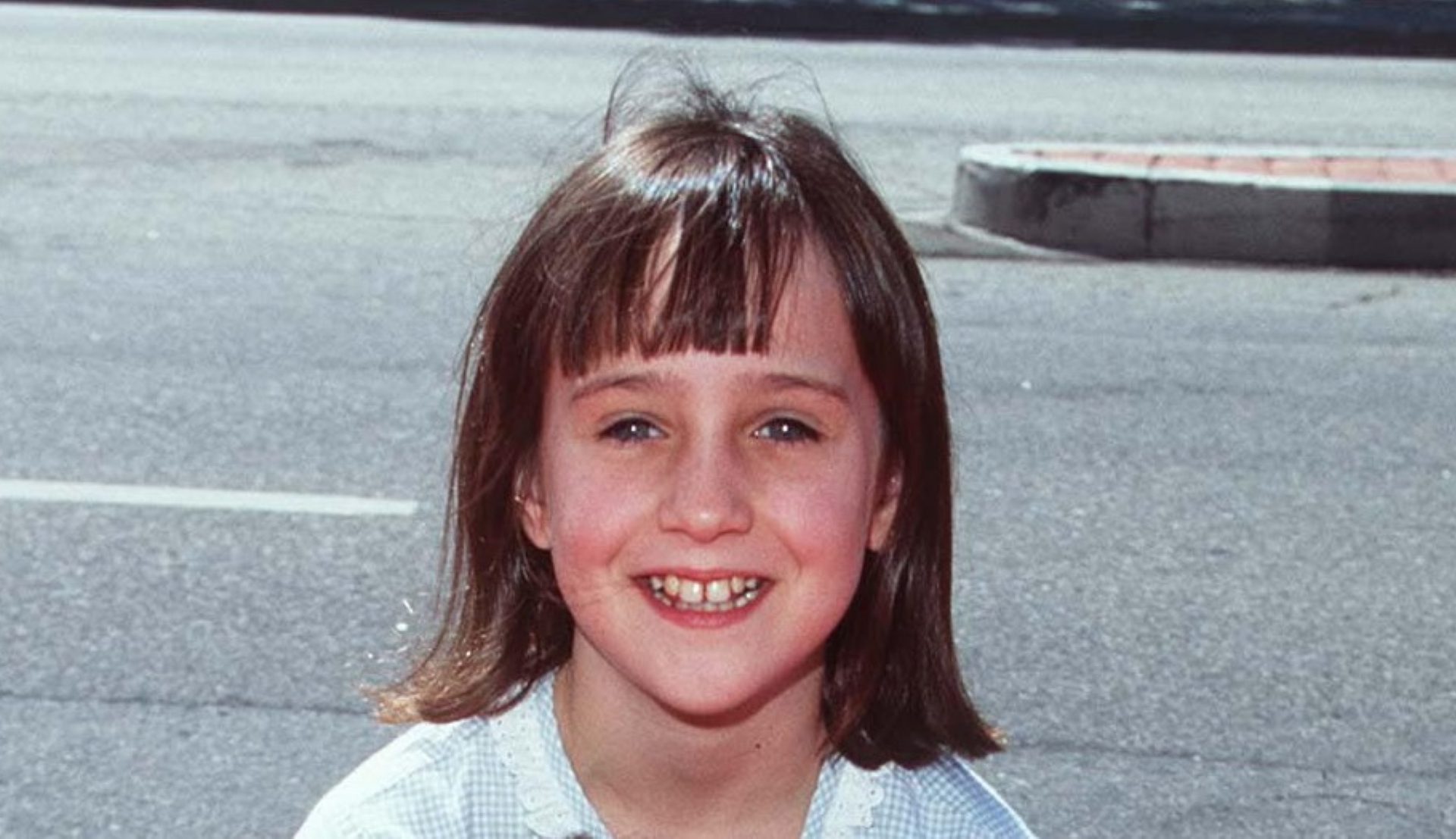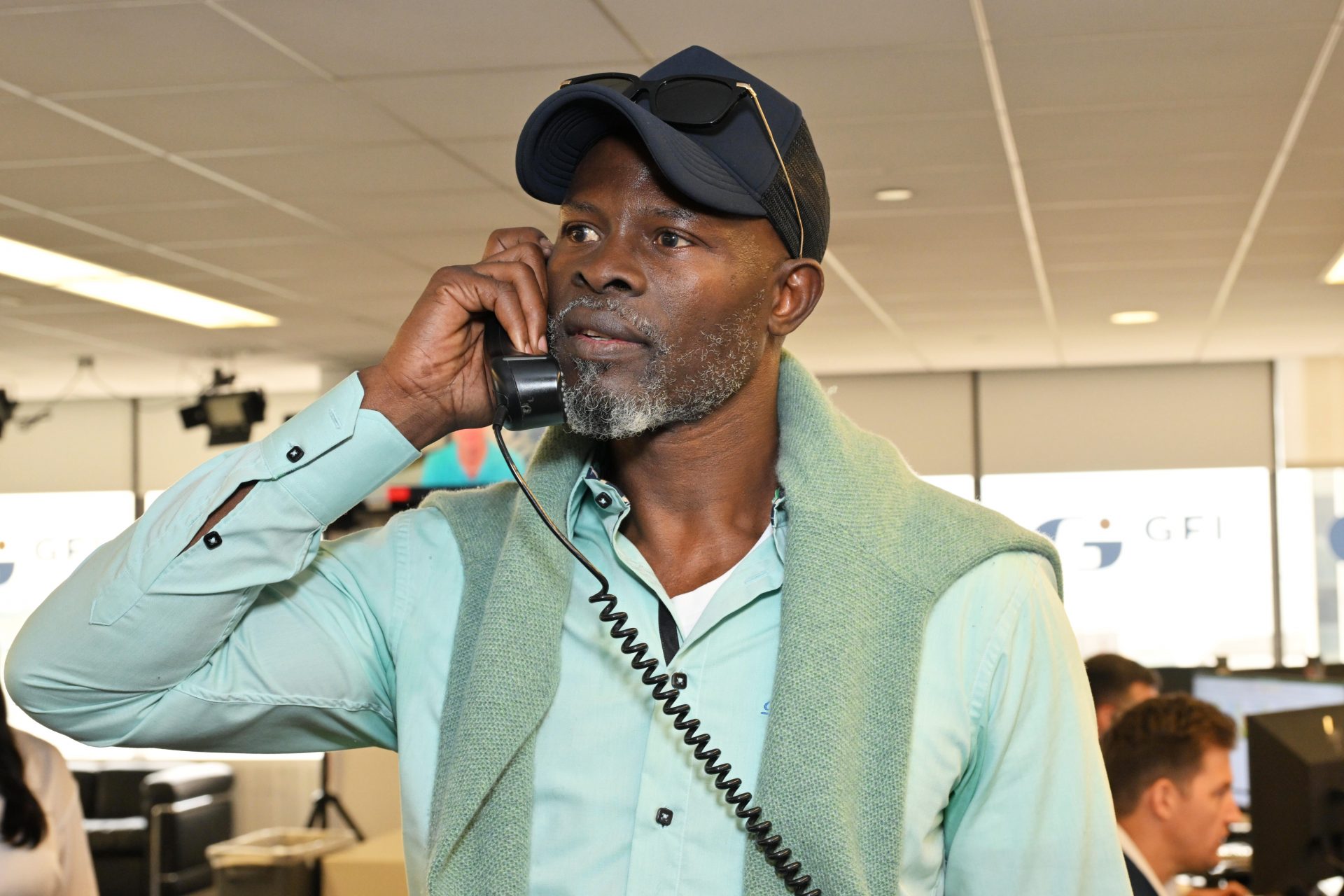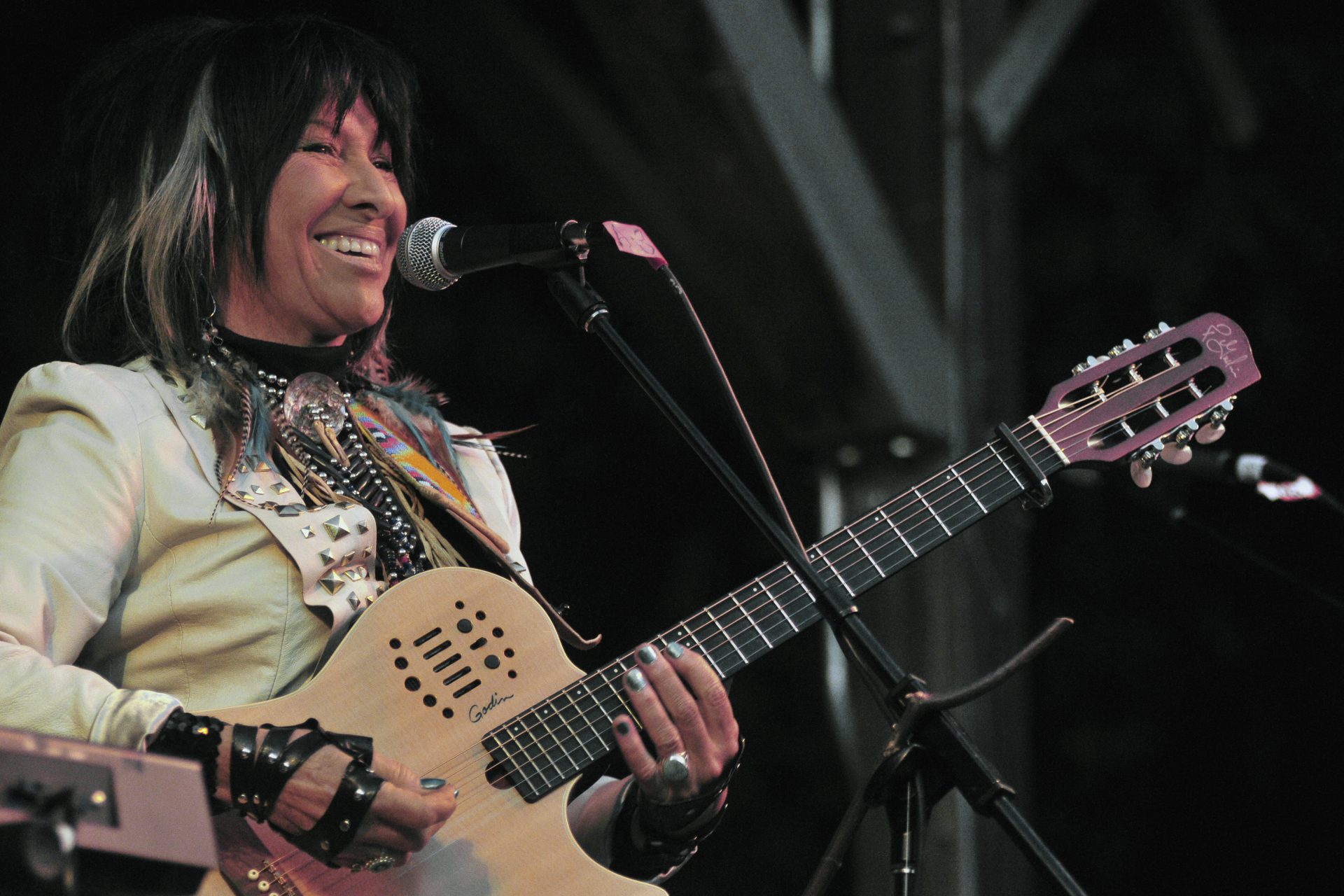'Matilda' star Mara Wilson: why did she vanish from Hollywood?
Mara Wilson rose to fame as a child actress in the 1990s, starring in films such as 'Mrs. Doubtfire,' 'Miracle on 34th Street,' and 'Matilda.' But in 2000, she suddenly disappeared from Hollywood. Let's see what happened.
Wilson was born in 1987 in Burbank, California. Her dad was a broadcast engineer, her mom was a PTA school volunteer and she was raised Jewish. Her mother died of breast cancer in 1996, when she was nine. In fact, 'Matilda' was dedicated to her mother’s memory.
Photo: Ken Lund / Flickr
At age five, after seeing her older brother appear in commercials, she became interested in acting. She convinced her parents to let her act and quickly found success with commercials for top brands like Lunchables and Bank of America.
Producers were impressed with her audition and she landed the role to play a little girl on the 1993 hit comedy 'Mrs. Doubtfire' alongside Robin Williams.
Image: 20th Century Fox Film Corp
After her magnetic performance in 'Mrs. Doubtfire,' she was cast for the remake of 'Miracle on 34th Street' and a recurring role in the series 'Melrose Place.' In 1994, she sang 'Make ‘Em Laugh' at the 67th Academy Awards.
Danny DeVito cast her as the title character of the 1996 film ‘Matilda.’ It was a huge hit, and in the subsequent years, she appeared in just three more films: 'A Simple Wish,' 'Balloon Farm' and 'Thomas and the Magic Railroad.'
But then, suddenly, Mara retired. She later told NPR that she'd been anxious and depressed. She explained how it was hard to find work because she was going through puberty and "wasn’t as cute anymore." The director of the last movie she filmed even forced her to bind her chest.
"The rejection hurt because it had been just such a prominent part of my life for so long. It had been the thing that defined me," she told NPR, explaining her retirement. She rejected an audition for 'Donnie Darko' and called it "self-sabotage," as she later pursued acting studies at New York University (NYU).
Photo: Marawilson/ Instagram
While she retired from the film industry, she still enjoyed performing on the stage during her teen years. She acted in plays including ‘Cinderella,’ ‘Weren’t You That Girl?’, and ‘What Are You Afraid Of?’ In this image, you can see her performing in a teen production of ‘A Midsummer Night’s Dream’ in 2004.
Photo: Marawilson / Instagram
Wilson said she always loved writing and even wrote stories while in her trailer on film sets. She began writing dialogue, performance pieces, articles, and plays in college. Her work has been featured in major media outlets. In 2016, she released a memoir: 'Where Am I Now?: True Stories of Girlhood and Accidental Fame.'
Photo: Marawilson / Instagram
In 2017, she wrote an article in Elle Magazine defending child star Millie Bobby Brown after people began commenting on her body when she was 13 years old. "What’s really at play here is the creepy, inappropriate public inclination to sexualize young girls in the media. We do not need to perpetuate the culture of dehumanization Hollywood has enabled," she wrote.
In 2021, she penned an op-ed in the New York Times comparing Britney Spears’ experience to her own. "Her story is a striking example of a phenomenon I’ve witnessed for years: Our culture builds these girls up just to destroy them," she wrote.
As someone who suffered from OCD, panic attacks, anxiety, and depression, Wilson's an outspoken advocate for tackling mental health. "I wish somebody had told me that it’s OK to be anxious – that you don’t have to fight it," she said in a video directed to teens. "The important thing to remember is that you are not alone, and you are OK."
Mara Wilson came out as queer in the wake of the 2016 Orlando nightclub shooting. "One of the reasons I didn’t come out for a very long time was because I grew up hearing that bisexual girls were ‘crazy," she said in a Medium article. Its title was: 'Matilda is Bi and so Am I.'
Starting in 2012, she began appearing in web series, including ‘Missed Connection’ and 'Nostalgia Chick,' where she reviewed ‘Matilda.’ She also appeared on several podcasts, and, in 2014, she started her own podcast called ‘What Are You Afraid Of?’ where she and other performers discussed their anxieties.
Photo: Marawilson / Instagram
In 2016, Wilson made a brief return to television with an appearance on the comedy series 'Broad City.' Her role was related to a scene from 'Mrs. Doubtfire.' In addition, Wilson lent her voice to the animated series ‘BoJack Horseman,’ ‘Big Hero 6,’ and ‘Ollie and Scoops.’
Image: 'Broad City,' Comedy Central
In an interview with Jewish Current, she said her community growing up was "VERY politically conservative." In fact, her cousin is the right-wing commentator Ben Shapiro, known for his homophobic remarks. Wilson says she defines her politics as "lefty," and she is no longer in contact with Shapiro.
"Once, someone I’d considered a friend asked, with a big smile, 'How does it feel to know you’ve peaked?' I didn’t know how to answer, but now I would say that’s the wrong question," Wilson wrote in the New York Times. "I haven’t peaked, because, for me, The Narrative isn’t a story someone else is writing anymore. I can write it myself."





























